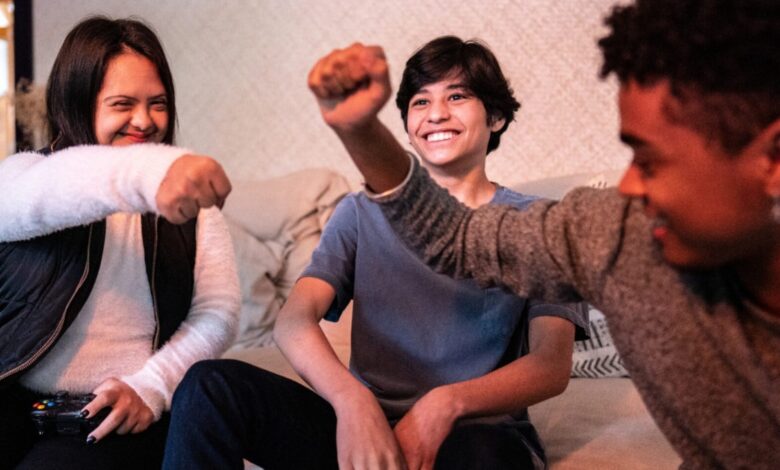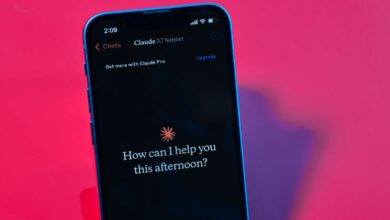New industry-backed accessibility initiative makes it easier for disabled gamers to find games | Technology News

Major game developers and tech companies are coming together for a new initiative, managed the Entertainment Software Association (ESA), to standardise information about the accessibility features of their games. The announcement was made last week at the Game Developers Conference (GDC) in San Francisco.
The new “Accessible Games Initiative,” founded five members—Electronic Arts, Nintendo of America, Microsoft, Google, and Ubisoft—will use 24 new tags such as “clear text,” “large and clear subtitles,” and “narrated menus” to ass gamers who are blind or have low vision.
The ESA noted that these tags were “developed with insight and feedback sourced directly from players with disabilities, accessibility advocacy groups, and game development teams.” According to the Accessible Games Initiative website, the l of tags includes auditory features, gameplay features, input features, and visual features.
Story continues below this ad
The standardisation of tags will make it easier for gamers with disabilities to find games with accessibility features or assive device compatibility, also helping parents and teachers discover suitable games. However, the implementation of these tags is voluntary and will be displayed on digital storefronts, product pages, or digital catalogues. Currently, game developers use their own in-house accessibility tags, which may not always be effective in identifying games with the right accessibility features.
The five founding members and Sony Interactive Entertainment “first developed” the initiative. However, Sony isn’t a founding member. Amazon Games, Riot Games, Square Enix, and Warner Bros. Games have since joined the initiative.
A growing number of tech companies and leading game developers are incorporating more accessibility features—both in hardware and software—as part of a broader push to include accessibility in the design process. Advocates say it is critical for companies to hire and consult disabled people when creating products.
Tech companies like Google and Apple already include several accessibility features in their smartphones and operating systems, while Microsoft and Sony have introduced gaming products for players with limited mobility in recent years. However, there is still a long road ahead to making tech products and games universally accessible.
Anuj Bhatia is a personal technology writer at who has been covering smartphones, personal computers, gaming, apps, and lifestyle gadgets actively since 2011. He specialises in writing longer-form feature articles and explainers on trending tech topics. His unique interests encompass delving into vintage tech, retro gaming and composing in-depth narratives on the intersection of hory, technology, and popular culture. He covers major international tech conferences and product launches from the world’s biggest and most valuable tech brands. Prior to joining The Indian Express in late 2016, he served as a senior tech writer at My Mobile magazine and previously held roles as a reviewer and tech writer at Gizbot. Anuj holds a postgraduate degree from Banaras Hindu University. You can find Anuj on Linkedin.
Email: anuj.bhatia@ … Read More
© IE Online Media Services Pvt Ltd
Expand







